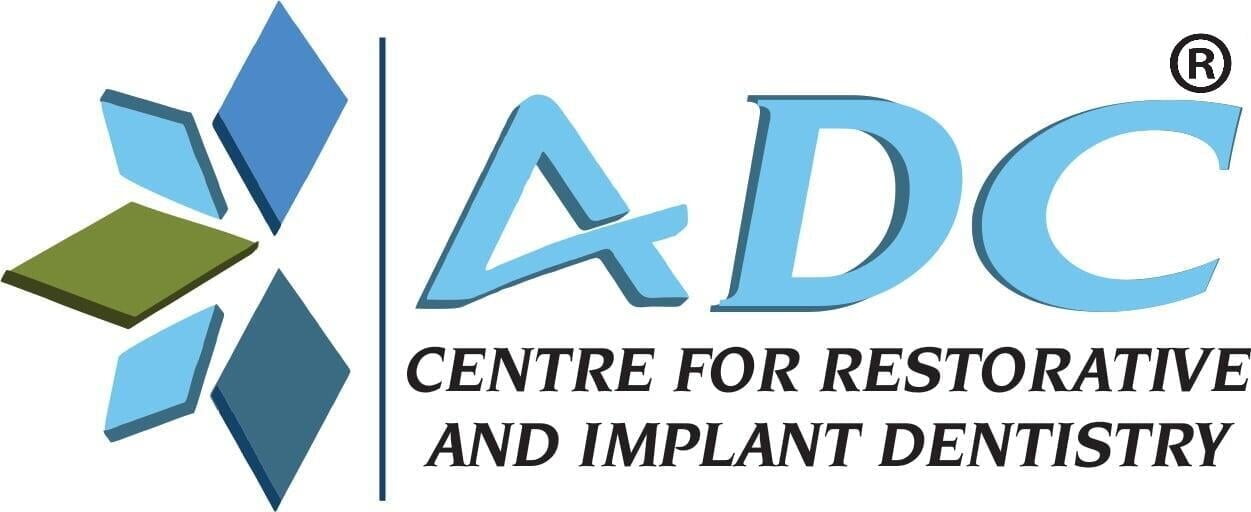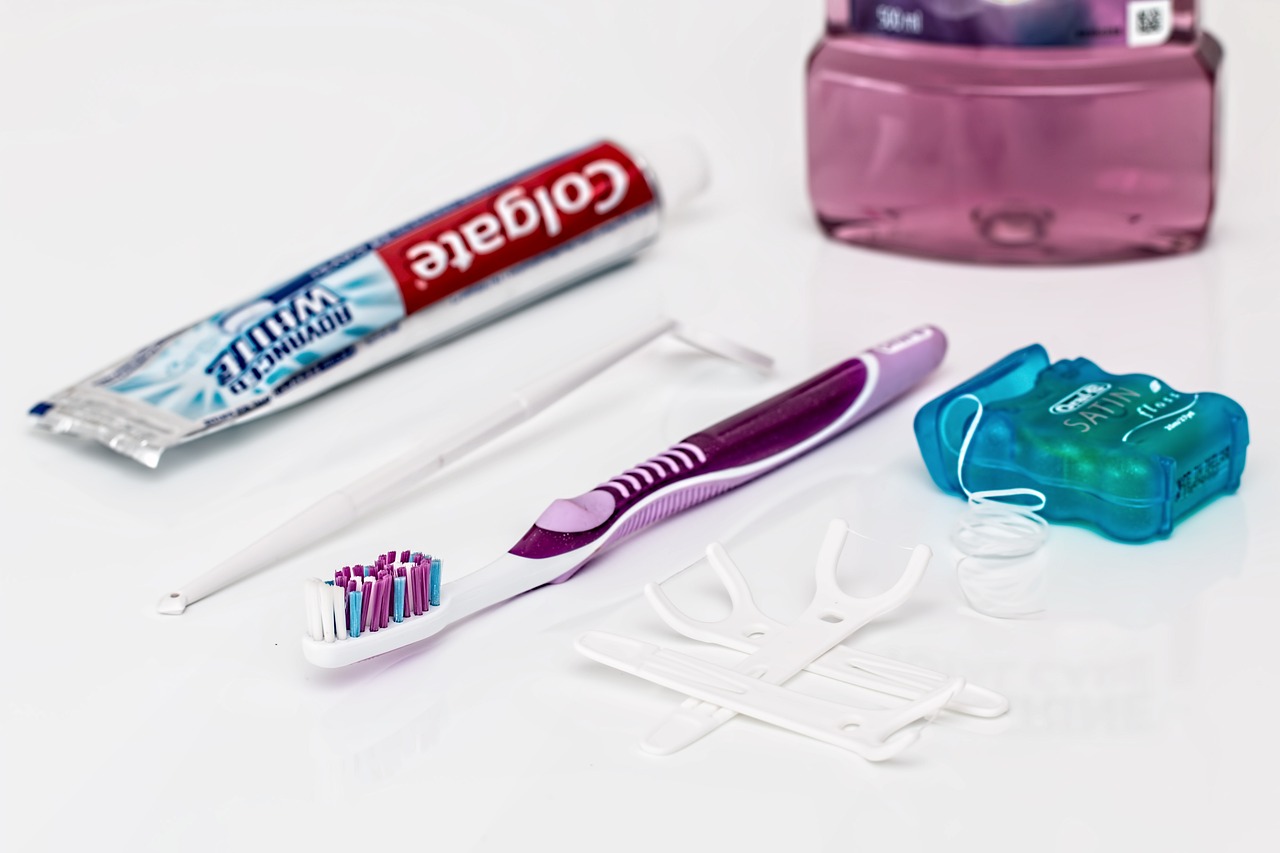By addressing few home care tips for maintaining healthy Dental Implants, we hope to provide you clarity on how to maintain longevity and prevent complications around Dental Implants.Cleaning around dental implants at home is a crucial part of oral hygiene to prevent potential complications. Dental implants, like natural teeth, require regular cleaning to remove plaque and bacteria that can accumulate around them. Here are some important steps to follow when cleaning dental implants at home:
Use a Soft Bristle Toothbrush
Using a soft-bristle toothbrush is essential as the soft bristles are gentle on the implant surface and minimize the risk of scratching or causing gum irritation. When brushing your teeth, it's important to use toothbrush in small, circular motions rather than aggressive scrubbing. This Brushing Technique helps remove plaque and debris effectively without putting excessive pressure on the dental implants or surrounding tissues. Remember, gentle and consistent brushing with a soft-bristle toothbrush is key to keeping your dental implants clean and maintaining their longevity.
Use low Abrasive Toothpaste
Using a low-abrasive toothpaste is essential for maintaining the integrity of dental implants. When cleaning your dental implants at home, choose a non-abrasive toothpaste which is specifically formulated for dental implants or low in abrasiveness and gentle on the implant surface. Some toothpaste brands contain baking soda or other abrasive substances that can scratch the implant surface. Check the toothpaste packaging and read the ingredients list. Look for toothpaste that is labeled as "non-abrasive" or "gentle." Avoid toothpaste that advertises deep cleaning or whitening properties, as they often have higher abrasiveness.
Clean All Surfaces
When cleaning your dental implants at home, you should pay attention to the gumline: Properly clean the area where the dental implant meets the gums. Plaque and bacteria can accumulate in this area, leading to Implant infection or Loose Implant. Angle your toothbrush slightly to reach and clean along the gumline effectively. By cleaning all surfaces of your dental implants, including the crown or prosthetic tooth, implant post, and gumline, you can effectively maintain oral hygiene and prevent complications.
Consider using Water flossers or oral irrigators
Water flossers or oral irrigators can be helpful in cleaning hard-to-reach areas or inter dental areas. These devices use a stream of water to dislodge debris and plaque. Most water flossers come with different attachments or tips. Select an attachment specifically designed for dental implants or consult your dentist for recommendations. Start with a low-pressure setting on the water flosser and gradually increase it to a comfortable level. Avoid using high pressure, as it can cause gum irritation or damage. Position the tip of the water flosser at a 90-degree angle to your gums. Gently guide the stream of water along the gumline and around the dental implants. Be thorough in cleaning all areas and take your time to ensure comprehensive cleaning. Read and follow the instructions provided by the manufacturer of your water flosser or oral irrigator for proper usage and maintenance.
Rinse with Anti-microbial Mouthwash and Salt Water
Rinsing with an antimicrobial mouthwash and salt water rinses are an excellent addition to your dental implant cleaning routine. Use a mouthwash that is alcohol-free, as alcohol can cause dryness and irritation. Remember that both antimicrobial mouthwash and salt water rinses are a supplement to your regular brushing and flossing routine. It helps reduce bacteria and maintain oral hygiene, but it should not replace proper oral care practices.
Maintain Regular Dental Visits
Maintaining regular dental visits is essential as even with diligent at-home oral care, plaque and tartar can still accumulate around dental implants. Professional dental cleanings remove these deposits, preventing gum inflammation and potential complications. During your dental visits, your dentist will carefully examine your dental implants to ensure they are functioning properly and in good condition. Doctors will check for any signs of infection, gum recession, or implant instability. Early detection of any issues allows for prompt treatment and better implant longevity. Regular dental visits often include X-rays or other imaging techniques to evaluate the underlying bone structure and ensure the implants are properly integrated. This helps detect any bone loss or implant failure early on.
By attending regular dental visits as recommended by your dentist, you can ensure the ongoing health and success of your dental implants. It is typically recommended to have dental check-ups every six months, but your dentist may adjust the frequency based on your individual needs. Remember to communicate any concerns or changes you notice with your implants to your dentist promptly.
Join the movement #paperless
Going Paperless can help save the Earth from climate change and biodiversity loss. It is a big task, but we know we can do it together. Get Help in going Paperless.
Medical Disclaimer:
The content of ADC-Centre for Restorative and Implant Dentistry's Blog/website is for information only, not advice or guarantee of any outcome. Information is gathered and shared from reputable sources; however, ADC-Centre for Restorative and Implant Dentistry is not responsible for errors or omissions in reporting or explanation. No individuals, including those under our active care, should use the information, resources or tools contained within to self-diagnosis or self-treat any health-related condition. ADC-Centre for Restorative and Implant Dentistry gives no assurance or warranty regarding the accuracy, timeliness or applicability or the content.
ADC-Centre for Restorative and Implant Dentistry accepts no liability for errors, inaccuracies, omission, or misleading statements. ADC-Centre for Restorative and Implant Dentistry excludes liability for any losses, demands, claims or damages of any kind regarding information, content, or services at this blog/website. The information may be updated at any time, especially as medical/dental discoveries and research evolves regarding the dentistry and its conditions. At no time does ADC-Centre for Restorative and Implant Dentistry take any responsibility for any action taken or care chosen in reliance on information contained in this blog or this website.
















